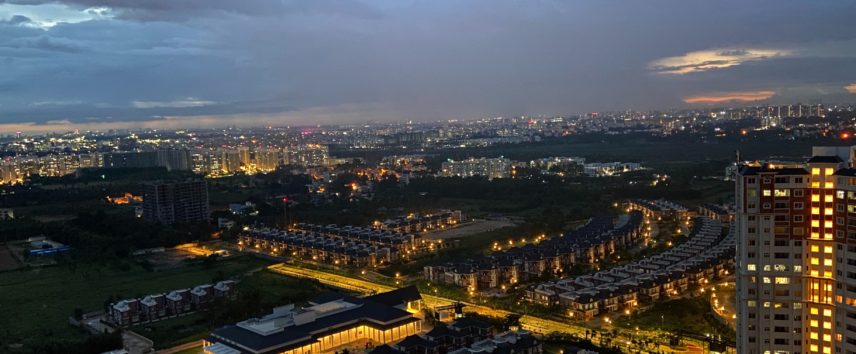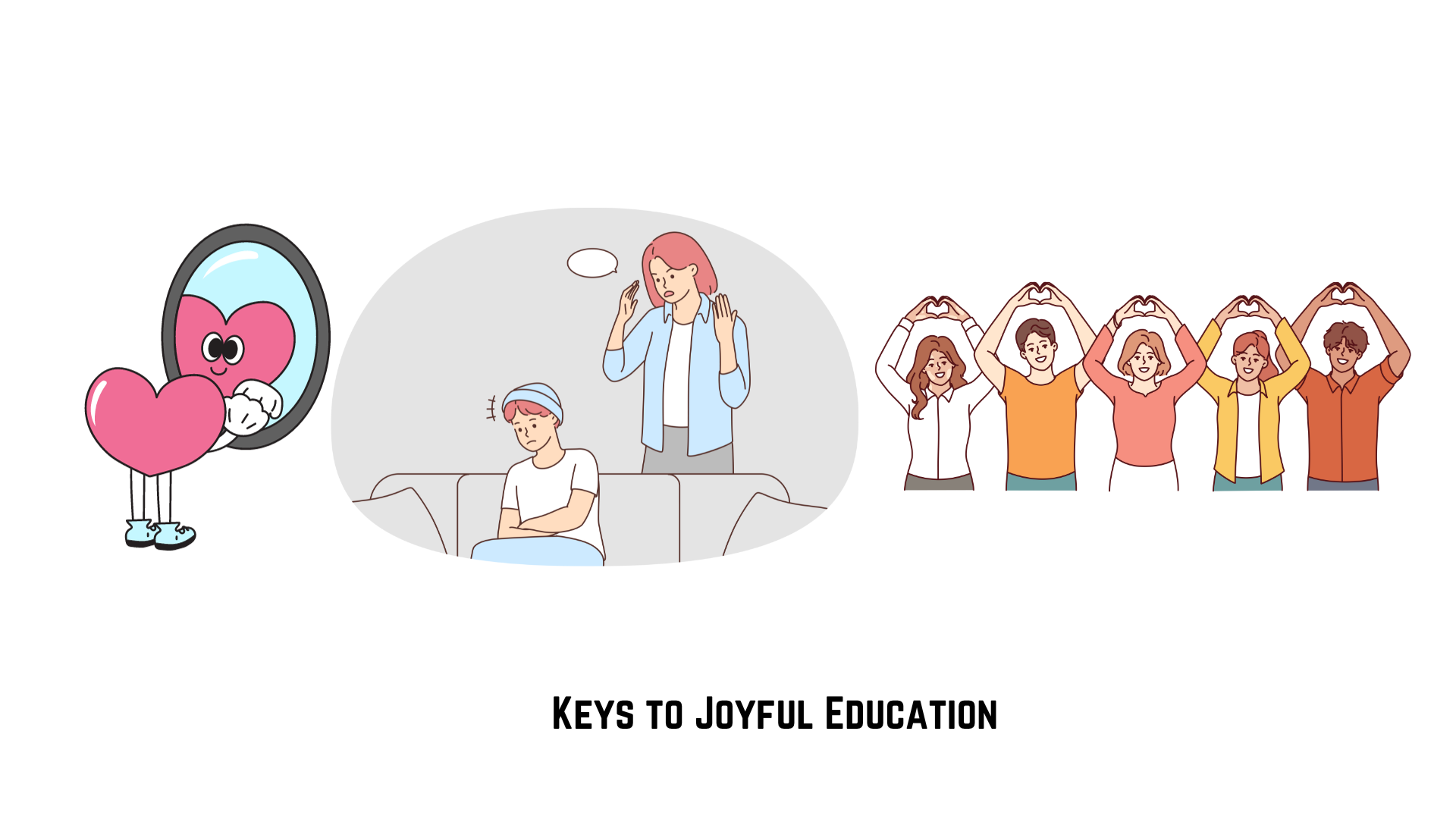Trending Now
- IPL 2024 begins with a bang. First contest between CSK and RCB.
- Election commission allots mike symbol to Naam Thamizhar Katchi
- AIADMK promises to urge for AIIMS in Coimbatore, in its election manifesto.
- Ponmudi becomes higher education minister.
Columns
Tipu controversy: Why we need to move beyond celebrating monarchs of the past
![]() November 16, 2015
November 16, 2015
Ramanathan S.
In early 2013, days after the brutal Nirbhaya gangrape in Delhi, writer Nilanjana Roy penned a column on stories of ‘rape and sexual assault’ in Ramayana and Mahabharata, which was subject to much controversy and outrage online. By juxtaposing stories of assault on women from the epics with violence against women in modern India, she offered to throw light on “the way rape works in India.”
Right-wing blogger Sandeep Balakrishna was perhaps the loudest of her critics then, writing a five-part counter to her column which was widely shared and reproduced. Among the points he made then was this – that “imposing the morals and values of today to a period in the ancient past” was wrong, a “classic trick”. One would assume that Roy would not agree with Sandeep’s assessment that there was any problem in doing so.
Lame explanations for what is wrong with the our myths or our past are not restricted to just violence against women. In defense of casteism, we are repeatedly told by upper-caste men even today that in those ‘old days’, it was all hunky-dory and everyone was happy with the caste-system which drew boundaries and allotted work. It was in the interest of a balanced society, they say, never mind the fact that a person cleaning up shit could not choose to do anything else for himself or for his progeny, ever in their lifetime.
Today, as groups in Karnataka erupt in violence over the issue of Tipu Jayanti by Congress-led Government of Karnataka, defenders of caste-system and Sandeep Balakrishna have strange bedfellows.
In defending Tipu’s murderous, violent pogroms and military campaigns, Girish Karnad says, “He may have converted people in Kodagu and Kerala. But politics of those years cannot be debated now,” and that “You can’t compare those days of history to now and interpret”.
He also says “The point is he did not do this in Karnataka. He was a good king for Karnataka. He did not rape or convert anyone in this state. He supported Hindu temples. We can’t go into what he did in Kodagu or Kerala because even the British did it. The British also destroyed Srirangapatna, Tipu’s capital, before moving to Mysuru.” In effect he says that since he only murdered, converted and raped people outside of Karnataka, it is okay to celebrate him. This disturbing parochial mindset condoning violence is perhaps a subject for another outrage-piece, so let us move on to the subject in hand.
Karnad, the face of the Tipu controversy, is not alone in his apologia. Of what use would the secular-liberal brigade be if they don’t come together to make specious arguments, yes?
In his piece for The Wire, journalist Manoj Joshi writes that “Applying modern norms and beliefs to medieval events is a mugs game” and that “Historical personalities have to be seen in the context of the times, where war was the norm and in fighting such wars, there were no holds barred. There were no Geneva Conventions limiting war, everything was permitted and everything happened –murder, massacre, and other mayhem.”
Here is Bengaluru-based author Vikram Sampath on the controversy on Tipu, writing in February 2014, “Historical figures need to be freed from the clutches of contemporary politics and left to academic study by historians, and be judged as products of their time and circumstances. Identification of a ruler’s legacy with a community is dangerous, especially when fragile sensitivities get so easily offended.”
And then there have been others like historian B Sheik Ali, who said a couple of years ago, “While Tipu Sultan’s treatment of Hindus is perceived to be harsh, not many are aware the Sultan’s treatment of Muslims was equally stern. The Mappillas of Malabar, Nawabs of Savanur, Cuddapah and Kurnool were inflicted severe treatment for their disloyalty and it was purely political in nature. One cannot ascribe communal or religious motives to it and Tipu Sultan was more hostile towards the Nizam than towards the Marathas.”
Let’s be clear: no one is raising questions on whether Tipu’s rule was violent. It is an accepted fact that his pogroms led to forced religious conversions and bloodshed.
The question which clouds over the controversy is whether Tipu can be judged today based on his actions then, and if the Government of Karnataka can celebrate him as a hero.
If one were a communal politician furthering an agenda based on politics of Muslim identity, one can understand the above arguments being made.
But if one were one of these writers or the Congress party, claiming to be liberal and secular, then such arguments only point to political opportunism and veiled communalism.
If one were a person wanting to break away from the shackles of India’s violent past towards a new, peaceful and liberal India, we would not be defending men like Tipu Sultan – irrespective of whether the bloodshed was political, directed at only Malabaris or the fact that he donated gold to Hindu temples. If we want to work towards a tolerant India, we cannot be selective about the tyrants we want to celebrate.
The irony is that this is exactly what the Sangh Parivar is accused of doing, of making heroes out of the Hindu past and glorifying Hindu identity. How different is the fight for Tipu Jayanti different from those who seek to valorize Maharana Pratap or Shivaji to further Hindu identity politics?
Another argument is being made – what about the Cholas, Pandya or Cheras – were they not violent militarists? Should we be celebrating them? No.
The position that we must be taking for a new liberal society is that we must not be celebrating any one from our violent past. Yes, it is impossible for the Indian society to do so, we love celebrating our past. But if those who seek to reform our society for a liberal India also indulge in the same rhetoric as the conservative Hindu, and become the vanguard of a political movement to celebrate a tyrannical Muslim ruler, then what kind of a liberal India do we envision, one of me-too communalism and political opportunism? It is for this reason that we must move away from politicisation and glorification of violent monarchs of the past – whichever religion they belonged to.
This hypocrisy and veiled communalism has been a common characteristic of Indian liberal discourse, and it reminds one of what Shekhar Gupta had written recently in a column, “The new generation voter is hyper-nationalistic but it isn’t essentially illiberal. They will find the rants of Adityanath as laughable as Irfan Habib’s. They will also find the BJP’s polarising approach to vote-gathering unacceptable if it fails to deliver jobs and growth. But they won’t accept the old notion of hyphenated liberalism (left-liberal) just for the heck of it. This gives the Hindu right the upper hand. A new mainstream liberalism is needed to counter this, not Ideological rants or advice from Moody’s.”
Disclaimer:The views expressed above are the author’s own






















